The new regulations aim to improve the welfare of the fish industry, and this is something that all parts of the supply chain should be working towards as a part of the OFI Charter. The new regulations gone ahead would have stopped exports, farming, and retailing on any practical level, as the new stocking densities passed down are unworkable from a commercial perspective, and for some species of fish, that school would produce stressful conditions to them. These regulations seem to be dropped by some actors from the sector, but the aquarium industry will keep working on new regulations with a practical overview that will be developed with input from the industry.
The second is related to CITES. OFI represents the ornamental fish industry at CITES meetings and at the most recent meeting in Geneva was involved with discussions on, among others status of the Banggai cardinalfish (Pterapogon kauderni), trade-in freshwater stingrays (Potamotrygonidae spp.), Transport of live specimens of CITES species and Review of Significant Trade in Appendix II species
Distance learning allows students to balance their other commitments more effectively, at least in cases they are adult learners, commuters, and part-time students. They don’t believe that they sacrifice a quality education for the convenience of utilizing distance learning.
However, both traditional and online learning comes with advantages and disadvantages. When is online learning more convenient than traditional learning? This blogpost indicates the real potential of online learning versus traditional classes.
The second is related to CITES. OFI represents the ornamental fish industry at CITES meetings and at the most recent meeting in Geneva was involved with discussions on, among others status of the Banggai cardinalfish (Pterapogon kauderni), trade-in freshwater stingrays (Potamotrygonidae spp.), Transport of live specimens of CITES species and Review of Significant Trade in Appendix II species
We also have queried the related issue that has impacted the industry is CITES County of Origin certificates. Several shipments of listed Rays have had issues with Country of Origin certificates with the importing country not recognizing the exporting countries COG Certificate. OFI has asked CITES to clarify documentation needed for the import/export of these species to avoid issues at the border as is happening now.
The third is the recent increasing pressure by many activist groups worldwide to protest the collection of wild-caught fish, mainly marine fish and the Hawaii fishery. While the Hawaiian fishery has long been touted as a well-managed and sustainable fishery, the court action brought about by activist groups has just resulted in the closure of the Hawaiian fishery pending a Hawaii Environmental Policy Act (HEPA) review. This ruling affects not only the collectors in Hawaii, who now face the real prospect of not being able to conduct their business for a potentially long time but also importers, wholesalers, retailers, and hobbyists from around the world who are no longer able to trade in species such as the Yellow Tang that are only sourced from Hawaii.
These three examples highlight some of the issues industry and the hobby must adapt to stakeholders and consumers worldwide are holding supply chains of most products to a higher level of scrutiny, with sustainability, social benefits, animal welfare, and similar issues now forming part of the buying decision for many consumers. As an industry and hobby, we need to be mindful of this, particularly in light of wild collection relying on public assets owned by a country, not individuals. The industry has a more significant role to play in helping to ensure the collection is sustainable and that public assets are protected in a sustainable way for future generations to come.
As an industry, we need to be mindful of this and strive for Best Practices when operating, and the OFI Charter that our members endorse points towards Best practice. However, not all is doom or gloom inside the industry because there are growing examples from different parts of the world, such as how the industry is positively impacting the environment and positively contributing to the conservation of aquatic organisms and ecosystems. Our industry also has many socio-economic benefits to communities in many developing countries, which is now being recognized in wider circles with organizations such as IUCN recognizing the vital role our industry plays in several fisheries worldwide in protecting the environment through providing livelihoods to these communities.
Distance learning allows students to balance their other commitments more effectively, at least in cases they are adult learners, commuters, and part-time students. They don’t believe that they sacrifice a quality education for the convenience of utilizing distance learning.
However, both traditional and online learning comes with advantages and disadvantages. When is online learning more convenient than traditional learning? This blogpost indicates the real potential of online learning versus traditional classes.
Latest from our blog
Never miss our news.
Subscribe to our newsletter!
Get weekly updates on live streams, news and more right in your mailbox.
Thank you!

